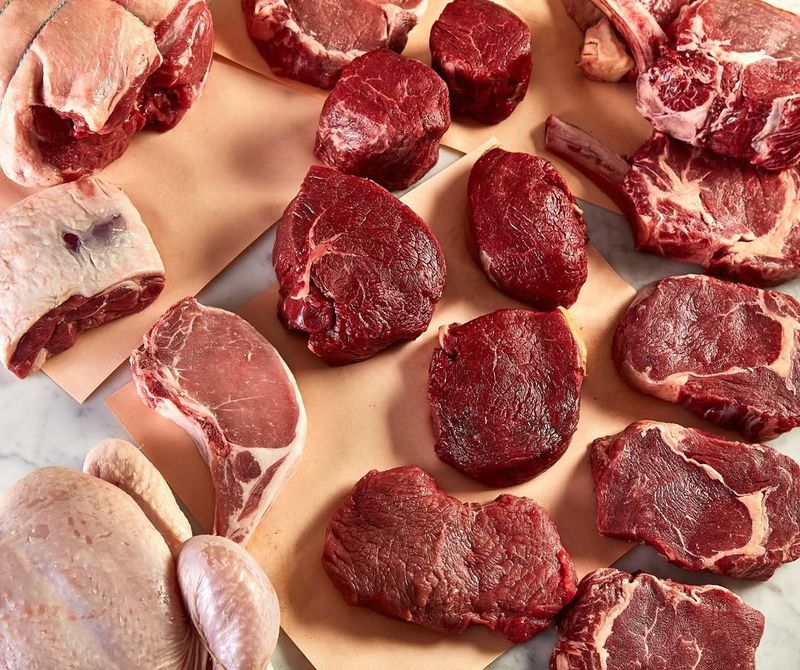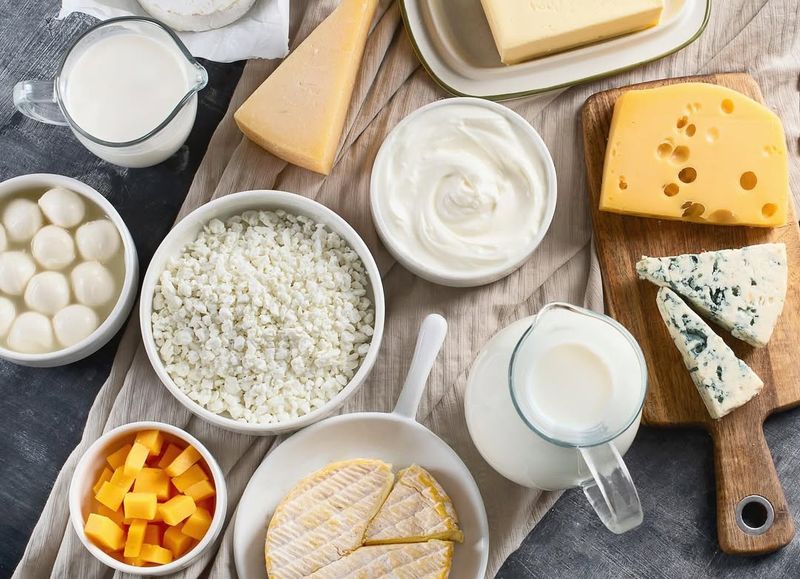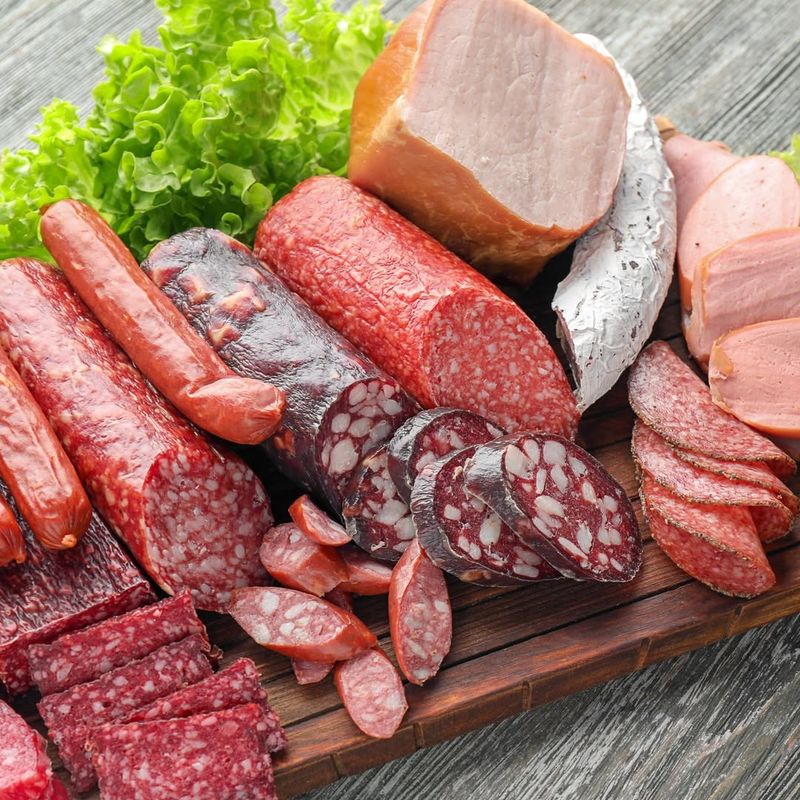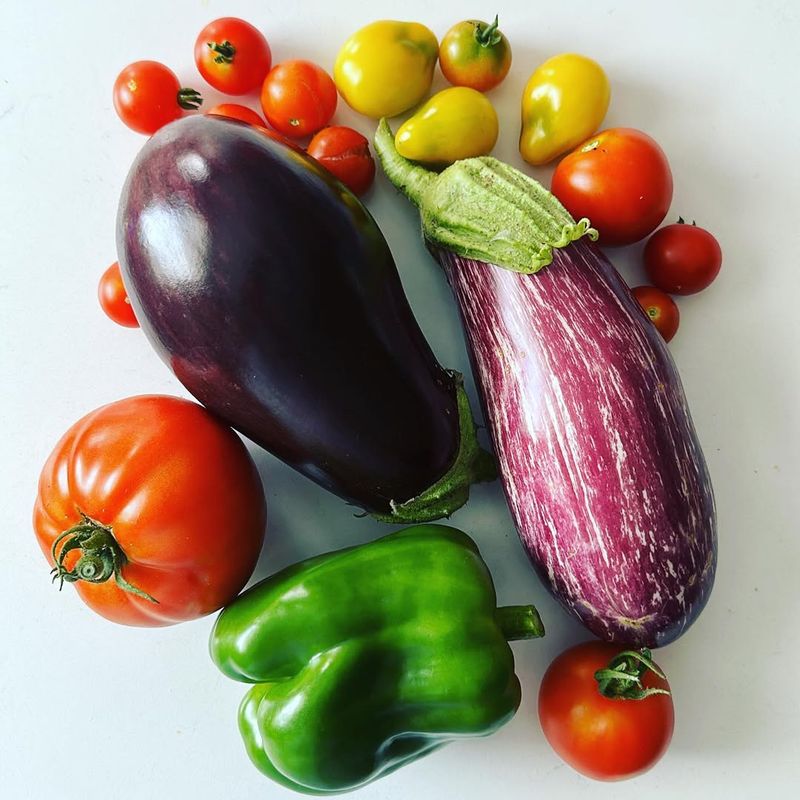10 Foods To Avoid If You Have Arthritis

Arthritis can be a challenging condition to manage, and diet plays a crucial role in reducing symptoms. Certain foods can exacerbate inflammation and lead to increased joint pain. In this blog, we explore 10 foods you might want to avoid to help manage arthritis more effectively. Each food item is discussed in detail to provide insights into why it may contribute to inflammation and joint discomfort, offering you guidance on what to steer clear of in your diet. By making informed choices, you can enhance your quality of life.
1. Sugar

Excessive sugar intake can lead to increased inflammation, especially in individuals with arthritis. When consumed in large amounts, sugar triggers the release of inflammatory cytokines, which can worsen joint pain and swelling. It’s often hidden in various processed foods, making it crucial to read labels carefully. Consider natural sweeteners as alternatives. Sugar not only contributes to inflammation but can also lead to weight gain, putting extra pressure on already stressed joints. Reducing sugar intake can thus be a twofold strategy for managing arthritis symptoms more effectively.
2. Red Meat

Red meat is often high in saturated fats, which can worsen inflammation and contribute to arthritis pain. Additionally, it contains advanced glycation end products (AGEs) that are linked to increased inflammation. Opting for lean proteins like chicken or fish can be beneficial. Frequent consumption of red meat may also lead to higher levels of uric acid, exacerbating conditions like gout, which is a type of arthritis. Lowering red meat intake can thus help in managing inflammation and reducing joint pain.
3. Fried Foods

Fried foods are typically cooked in oils that contain unhealthy trans fats, which are known to promote inflammation. These foods not only increase inflammation but can also lead to obesity, adding stress to weight-bearing joints. Switching to healthier cooking methods, such as baking or steaming, can make a significant difference. Fried foods also often contain high levels of salt and preservatives, which can further increase inflammation and discomfort in arthritis sufferers. By eliminating fried foods, you can help reduce overall inflammation and joint pain.
4. Refined Carbohydrates

Refined carbohydrates like white bread and pasta can cause spikes in blood sugar, triggering inflammation. These simple carbs are stripped of their fiber and nutrients, leading to rapid digestion and increased insulin levels. Opt for whole grains as healthier alternatives, which provide nutrients and stabilize blood sugar levels. Over time, consuming refined carbs can contribute to chronic inflammation, worsening arthritis symptoms. By replacing them with whole food options, you can reduce both inflammation and joint pain while improving overall health.
5. Dairy Products

For some individuals, dairy products can trigger inflammation due to their protein content. These proteins may irritate the tissues around joints, leading to increased pain. If you suspect dairy is affecting your arthritis, consider alternatives like almond or soy milk. While dairy is a good source of calcium, it’s important to find other calcium-rich foods if you choose to eliminate it from your diet. Experimenting with dairy alternatives can be a way to determine its effect on your arthritis symptoms.
6. Alcohol

Alcohol can contribute to inflammation and weaken the immune system, which is detrimental to those with arthritis. It can also interact negatively with medications used to manage arthritis symptoms. Moderation is key if you choose to drink, as excessive consumption can lead to increased joint pain and flare-ups. Drinking water and non-alcoholic beverages can help you stay hydrated and avoid inflammation. By limiting alcohol intake, you can support your body’s ability to manage arthritis more effectively.
7. Processed Meats

Processed meats like bacon and sausages are high in preservatives and additives, which can promote inflammation. These meats often contain high levels of sodium and unhealthy fats, contributing to increased joint pain. Consider fresh, lean meats or plant-based proteins as alternatives. Frequent consumption of processed meats is also linked to other health issues, making them a less desirable choice for those managing arthritis. By cutting down on processed meat, you can help reduce inflammation and improve your overall health.
8. Salt

High salt intake can exacerbate inflammation and joint pain in arthritis sufferers. Salt causes the body to retain water, leading to swelling and increased pressure on joints. Reducing salt can help decrease inflammation and improve joint function. Opt for herbs and spices to add flavor without the added sodium. Processed foods often contain high amounts of salt, making it important to check labels and choose low-sodium options. Lowering salt intake is a practical step in managing arthritis symptoms more effectively.
9. Nightshade Vegetables

Nightshade vegetables, such as tomatoes and peppers, contain solanine, which may contribute to inflammation in sensitive individuals. Not everyone with arthritis will be affected, but some find relief by avoiding these foods. Experiment with excluding nightshades to see if symptoms improve. It’s also important to include a variety of other vegetables to ensure nutritional balance. By managing nightshade intake, you may find a reduction in joint discomfort.
10. Caffeine

Caffeine can lead to dehydration, which may worsen joint pain in arthritis sufferers. It’s important to stay hydrated by drinking water throughout the day. If you find caffeine affects your symptoms, consider reducing coffee and tea consumption or opting for decaffeinated options. Staying aware of your body’s response to caffeine can help you make adjustments that promote joint health.
